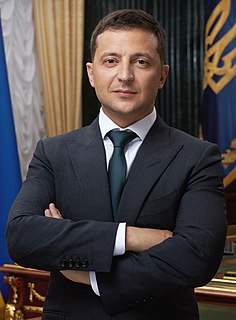A Quote by Albert Einstein
But there is another reason for the high repute of mathematics: it is mathematics that offers the exact natural sciences a certain measure of security which, without mathematics, they could not attain.
Related Quotes
If you ask ... the man in the street ... the human significance of mathematics, the answer of the world will be, that mathematics has given mankind a metrical and computatory art essential to the effective conduct of daily life, that mathematics admits of countless applications in engineering and the natural sciences, and finally that mathematics is a most excellent instrumentality for giving mental discipline... [A mathematician will add] that mathematics is the exact science, the science of exact thought or of rigorous thinking.
Eugene Wigner wrote a famous essay on the unreasonable effectiveness of mathematics in natural sciences. He meant physics, of course. There is only one thing which is more unreasonable than the unreasonable effectiveness of mathematics in physics, and this is the unreasonable ineffectiveness of mathematics in biology.
Mystery is an inescapable ingredient of mathematics. Mathematics is full of unanswered questions, which far outnumber known theorems and results. It's the nature of mathematics to pose more problems than it can solve. Indeed, mathematics itself may be built on small islands of truth comprising the pieces of mathematics that can be validated by relatively short proofs. All else is speculation.
One cannot inquire into the foundations and nature of mathematics without delving into the question of the operations by which the mathematical activity of the mind is conducted. If one failed to take that into account, then one would be left studying only the language in which mathematics is represented rather than the essence of mathematics.
[Mathematics] is security. Certainty. Truth. Beauty. Insight. Structure. Architecture. I see mathematics, the part of human knowledge that I call mathematics, as one thing - one great, glorious thing. Whether it is differential topology, or functional analysis, or homological algebra, it is all one thing. ... They are intimately interconnected, they are all facets of the same thing. That interconnection, that architecture, is secure truth and is beauty. That's what mathematics is to me.
Mathematics has two faces: it is the rigorous science of Euclid, but it is also something else. Mathematics presented in the Euclidean way appears as a systematic, deductive science; but mathematics in the making appears as an experimental, inductive science. Both aspects are as old as the science of mathematics itself.





































